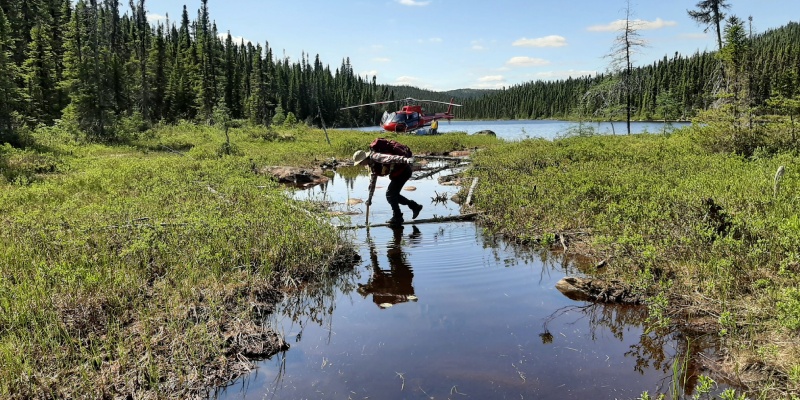Sponsored Programs
PEGNL members are eligible to receive special pricing on the wide range of sponsored programs and partnerships provided by Engineers Canada.

All PEGNL members are eligible to participate in various plans through Engineers Canada. Engineers Canada’s sponsored initiatives and partnerships – also known as Affinity Programs – which provide members with attractive pricing options for a wide variety of services. To learn more information and to sign up, please visit the Insurance, Financial and Other Benefits section of the Engineers Canada website at Engineers Canada Affinity Programs. Services offered include:
- Secondary Professional Liability Insurance Program (all PEGNL members are automatically covered by this program at no additional cost)
- Home and Car Insurance
- Health and Dental Insurance
- Retiree Health and Dental Insurance
- Disability Income Replacement, Business Overhead Insurance
- Life and Accident Insurance
- Critical Illness Insurance
- Pet Insurance
- Financial Services
- Car Rentals
- UPS Shipping
Practice Standards & Guidelines
PEGNL publishes practice standards and guidelines for the purpose of educating its license holders and the public about matters of professional practice.
Practice Guideline for Authenticating Professional Documents
This Guideline describes how and when a professional member’s stamp and a permit holder’s stamp shall be used for authenticating professional documents.
Guideline for Permit Holders and Companies Employing Engineers and Geoscientists
This Guideline specifies when a permit to practice is required. It also outlines the requirements of organizations operating under a permit to practice and the expectations of non-permit holding companies that employ engineers and/or geoscientists.
Guideline for Areas of Practice Spanning Engineering and Geoscience
This Guideline explores the potential areas of overlap between geotechnical or geological engineering and engineering geology. It provides guidance for both professions working in this space, emphasizing the need for collaboration from both professions in certain situations to ensure that the primary mandate of public protection is met.










